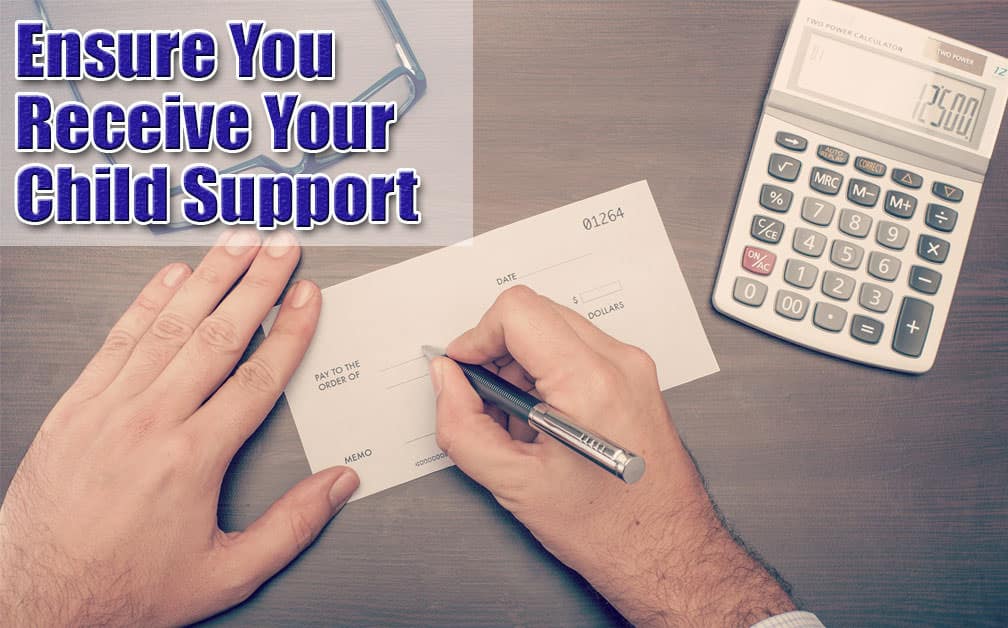As a Long Island, NY Family Law Attorney with years of experience in this field, issues of child custody and child support come into our law firm constantly. Countless people come into our offices concerned that, for any number of reasons, they will not receive the court-ordered child support from the other parent of their child. The following article will explain the rules of Child Support on Long Island and how you can ensure you receive your court-ordered child support.
How Child Custody Can Affect Child Support
The most straight forward and common custody arrangement involves one parent being known as the custodial parent and the other being known as the non-custodial parent. The custodial parent is the parent who has residential custody of the child; the child spends the most time with the custodial parent. For purposes of child support, the non-custodial parent will be required to pay child support to the custodial parent.
Alternatively, some parents agree to joint custody of their child. Joint custody allows both parents to have equal time with the child. There is a common misconception that, because the child is equally shared between the two parents, child support is not required. However, this is not the case. When following a joint custody arrangement, the spouse who earns more will be deemed the non-custodial parent for purposes of child support. Therefore, the non-custodial parent, i.e. the higher-earning parent, will be required to make child support payments to the parent who earns less.
Child Support Standards Act
In New York, child support is governed by statutory law known as the Child Support Standards Act (CSSA). The CSSA provides guidelines and strict formulas the court must use when determining child support. The amount of support the non-custodial parent is required to pay depends upon the number of children there are between you and the other parent. This is where the infamous 17% percent rule comes from. If there is one child in common, the non-custodial parent must pay 17% of his or her adjusted gross income, compared to 35% of his or her adjusted gross income for five children. The non-custodial parent will also be held responsible for a percentage of the un-emancipated children’s medical, dental, educational and extracurricular expenses. The percentage will vary based upon the agreement reached by the parties, or, dependent upon what the court decides. The court may allocate expenses on a 50/50 basis, with each parent contributing equally, or it may require each parent to contribute their pro-rata share, which is dependent upon what percentage of the parties’ total income each earns.
How is Child Support Collected?
When filing an Order for Child Support, your Long Island Family Law Attorney will inform you about the Support Collection Unit of the Child Support Enforcement Bureau. If you elect to have your support payments collected through the Support Collection Unit, it will keep a record of your child support obligations. It will record what payments have been made to you, how often, for what amount and what payments may have been missed.
The Support Collection Unit has different avenues it can take advantage of in order to ensure child support payments are made. The first and most common method is that of an income execution. In this case, the non-custodial parent’s employer will be ordered to withhold the appropriate amount of child support from the non-custodial parent’s paychecks. If the non-custodial parent in unemployed, the Support Collection Unit will levy the parent’s unemployment benefits in the correct amount of child support.
Have More Questions About Child Support? Contact Us
If you have questions or concerns about your child’s parent not paying their court ordered child support obligations, please call our Long Island Family Law firm at 631-923-1910.
Download Your Free New York Divorce Guide
Our 41-page “Guide to New York Divorce: What You Need to Know Before Hiring a Divorce Lawyer in New York” written by an experienced family law lawyer, Long Island’s Robert E. Hornberger, Esq., provides you with real information on the divorce process and the laws it rests upon in the state of New York. This book will help give you a solid foundation upon which you can begin the process of making your family’s, life better.
